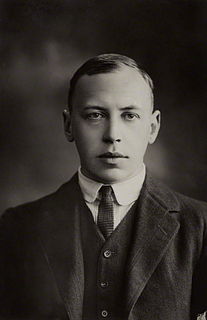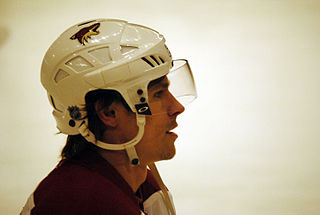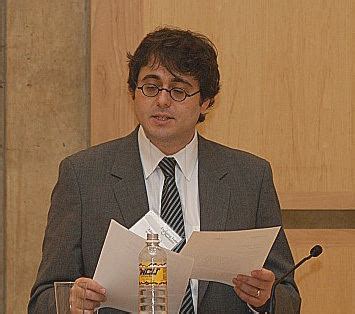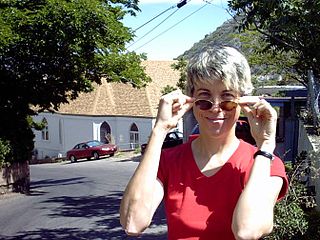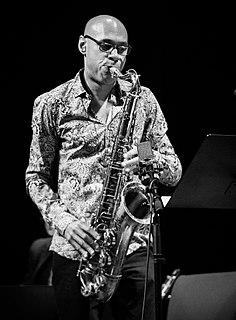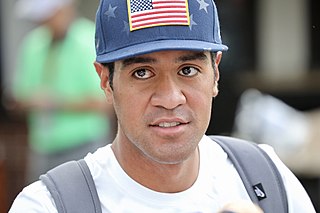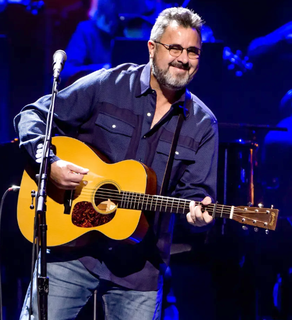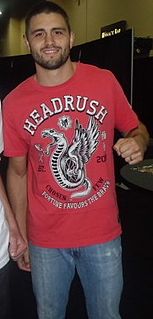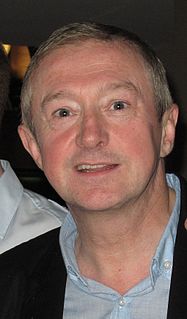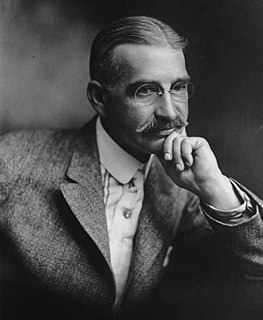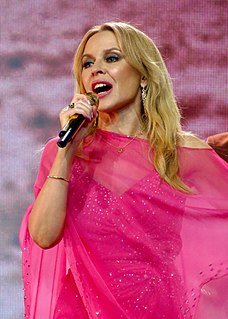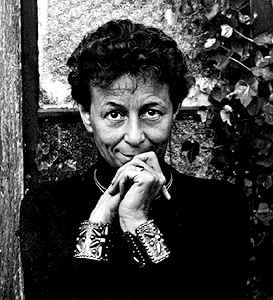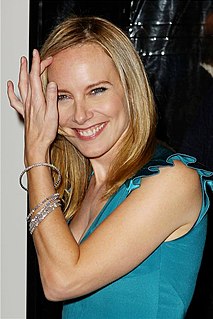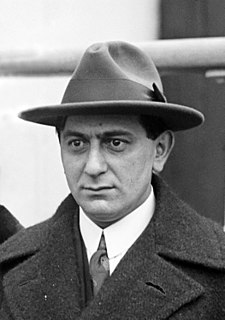Top 1200 Great Poetry Quotes & Sayings - Page 16
Explore popular Great Poetry quotes.
Last updated on December 22, 2024.
We have more poets than judges and interpreters of poetry. It is easier to write an indifferent poem than to understand a good one. There is, indeed, a certain low and moderate sort of poetry, that a man may well enough judge by certain rules of art; but the true, supreme, and divine poesy is equally above all rules and reason. And whoever discerns the beauty of it with the most assured and most steady sight sees no more than the quick reflection of a flash of lightning.
The story of scientific discovery has its own epic unity-a unity of purpose and endeavour-the single torch passing from hand to hand through the centuries; and the great moments of science when, after long labour, the pioneers saw their accumulated facts falling into a significant order-sometimes in the form of a law that revolutionised the whole world of thought-have an intense human interest, and belong essentially to the creative imagination of poetry.
My father died and left me his blessing and his business. His blessing brought no money into my pocket, and as to his business, it soon deserted me, for I was busy writing poetry, and could not attend to law, and my clients, though they had great respect for my talents, had no faith in a poetical attorney.
In the 1970s, for example, I found myself learning to relish the poetry of Andrew Marvell and Sir Thomas Wyatt, and getting a handle on poetry of plainer speech than I had dwelt with heretofore. Which led me into a new appreciation of middle [William Butler ] Yeats, of the short three-beat line and forward-driving syntax, and that paid in, in turn, to a poem like Casualty in Field Work. The traffic, however, was usually the other way. My teaching was animated by what I was reading and being excited by as a poet.
Now when I had mastered the language of this water, and had come to know every trifling feature that bordered the great river as familiarly as I knew the letters of the alphabet, I had made a valuable acquisition. But I had lost something, too. I had lost something which could never be restored me while I lived. All the grace, the beauty, the poetry, had gone out of the majestic river!
When students are first at the Kerouac School we harp on Gertrude Stein's very basic poetic insistence that words are things . Not to invalidate your experience or all the great feelings you have, I tell them. Although poetry may be good for you, it's not therapy. You're making something with words which are visceral, muscular, active, not just markers of how you feel. And we have classes studying William Blake, Ezra Pound, Charles Olson, Robert Duncan, Stein.
I've seen a lot of patriots and they all died just like anybody else if it hurt bad enough and once they were dead their patriotism was only good for legends; it was bad for their prose and made them write bad poetry. If you are going to be a great patriot i.e. loyal to any existing order of government (not one who wishes to destroy the existing for something better) you want to be killed early if your life and works won't stink.
It occurs to me to wonder: do I believe in any god, or even positively not believe, as James does? I believe in systems and methods. I believe in the beauties of philosophy and poetry. I believe that the work we do and leave behind us is our afterlife; and I believe that history lies, but sometimes so well that I can't bring myself to resent it. I believe that truth is beauty, but not, I'm afraid, the reverse. It doesn't seem sufficient to sustain one in life's rigorous moments. Perhaps I shall embrace Islam. Its standards for poetry seem very high.
It is worthwhile adding that the power of the poem to teach not only sensibilities and the subtle movements of the spirit but knowledge, real lasting felt knowledge, is going mostly unnoticed among our scholars. The body of knowledge locked into and releasable from poetry can replace practically any university in the Republic. First things first, then: the primal importance of a poem is what it can add to the individual mind.Poetry is the voice of a poet at its birth, and the voice of a people in its ultimate fulfillment as a successful and useful work of art.
Relate comic things in pompous fashion. Irregularity, in other words the unexpected, the surprising, the astonishing, are essential to and characteristic of beauty. Two fundamental literary qualities: supernaturalism and irony. The blend of the grotesque and the tragic are attractive to the mind, as is discord to blasé ears. Imagine a canvas for a lyrical, magical farce, for a pantomime, and translate it into a serious novel. Drown the whole thing in an abnormal, dreamy atmosphere, in the atmosphere of great days … the region of pure poetry.
People have a very limited idea of what being creative is - playing the guitar or the flute or writing poetry - so people go on writing rubbish in the name of poetry. You have to find out what you can do and what you cannot do. Everybody cannot do everything. You have to search and find your destiny. You have to grope in the dark, I know. It is not very clear-cut what your destiny is, but that's how life is. And it is good that one has to search for it - in the very search, something grows.
Poetry is like a portrait of a moment or person, and the poem is almost like looking at a photograph; it slaps you in the face and kisses you at the same time. Nothing else does that, with that brevity. Songs try to do it, but that's three minutes. A poem, you read it and it kind of changes your life and you don't know how it happened and you can never forget it. It's like the best song lyric, the best line from a film-everything in the world that's short and great put together.
What a contrast between the stern and desolate poetry of Ossian, and that of Chaucer, and even of Shakespeare and Milton, much more of Dryden, and Pope, and Gray! Our summer of English poetry, like the Greek and Latin before it, seems well advanced towards its fall, and laden with the fruit and foliage of the season, with bright autumnal tints, but soon the winter will scatter its myriad clustering and shading leaves, and leave only a few desolate and fibrous boughs to sustain the snow and rime, and creak in the blasts of age.
The Baathist state did two things extremely well. One was create information-gathering intelligence networks and a filing system. There's actually a lot of information on a lot of people and that is a major achievement of a police state. The second one is the promotion of literature and poetry, and the arts generally. So this is a state that's producing mass police archives - surveillance - and poetry. And in fact a lot of the archives are about what poets are writing or what they should be writing.
My own experience as a reader and writer has been that the more I read, and the more I live, the more different "types" of poetry I grow to love. I might not even believe anymore that there are "types" of poetry at all. I've come to love things I once would snootily have dismissed. Of course I still have my likes and dislikes, and there are things I think are just plain old bullshit, but more and more I am far more trusting of my loves than my dislikes.
The question now becomes about defining your terms. What is literature? Unless we allow it to encompass the oral tradition from which it grew, which means taking it back to Homer and beyond, it demands the written word - poetry and prose. [Bob] Dylan is no slouch at the written word, both in its own right, and transcribed from his lyrics, which have often been acclaimed as poetry and may well stand up as such. But that is not his métier.
I do like Canadian poetry. Christian Bök, Anne Carson, Carmine Starnino, and Don McKay are a few of the Canadian poets whose work has been important to me. But I'm not sure that I do see poetry as a world apart. Some of my metaphors are based in the fantastic, but I try to be true to life as I understand it. That understanding is affected by my Canadianness, my Americanness, my whiteness, my gender, my age, my education, my experience...everything about me affects my view of reality. But I try to wrestle against those partialities, not embrace them.
The quality of light by which we scrutinize our lives has direct bearing upon the product which we live, and upon the changes which we hope to bring about through those lives. It is within this light that we form those ideas by which we pursue our magic and make it realized. This is poetry as illumination, for it is through poetry that we give name to those ideas which are, until the poem, nameless and formless-about to be birthed, but already felt.
I wrote poetry for seven or eight years, maybe longer, before I could say I was a poet. If people asked, I'd say I wrote poetry; I wouldn't go further. I was in my mid- to late-thirties before I felt that I was a poet, which I think meant that I had begun to embody my poems in some way. I wasn't just a writer of them. Hard to say what, as a poet, my place in the world is. Some place probably between recognition and neglect.
I think poetry can be a kind of secular way in which people can be led to approach the difficult parts of their life, where there's been loss, where there's sadness of a deep kind. If poetry can help people to be more at ease in expressing even to themselves a lot of the darkness and pain of ordinary human existence, then it's serving some kind of cultural role, perhaps more than a cultural role, perhaps it is serving something of a spiritual role.
Gunn would be an important figure-rewarding, delightful, accomplished, enduring-in the history of English-language poetry even were his life not as fascinating as it now seems; he would be an important figure in the history of gay writing and in the history of transatlantic literary relations even were his poetry not so good as it is. With his life as it was and his works as they are, he's an obvious candidate for a volume of retrospective and critical essays, and this one is first-rate.
There are some good things and some fantastic ones in Auden's early attitude; if the reader calls it a muddle I shall acquiesce, with the remark that the later position might be considered a more rarefied muddle. But poets rather specialize in muddles and I have no doubt which of the muddles was better for Auden's poetry: one was fertile and usable, the other decidedly is not. Auden sometimes seems to be saying with Henry Clay, "I had rather be right than poetry"; but I am not sure, then, that he is either.
I wrote poetry in a secretive way, I think, a secret from myself, I mean. I wrote it because it gave me great pleasure to do so and because it relieved the ever-building pressure of the demanding world around me. It's always served me as a way of appraising, and controlling overwhelming experiences. But this need, and desire, was always in conflict with my need to "survive."
All kids draw and write poetry and everything, and some of us last until we're about eighteen, but most drop off at about twelve when some guy comes up and says, "You're no good." That's all we get told all our lives. "You haven't got the ability. You're a cobbler." It happened to all of us, but if somebody had told me all my life, "Yeah, you're a great artist," I would have been a more secure person.
Familiarity with any great thing removes our awe of it. The great general is only terrible to the enemy; the great poet is frequently scolded by his wife; the children of the great statesman clamber about his knees with perfect trust and impunity; the great actor who is called before the curtain by admiring audiences is often waylaid at the stage door by his creditors.
A quote that I like very much comes close to explaining my attitude about taking photographs. ‘Chinese poetry rarely trespasses beyond the bounds of actuality the great Chinese poets accept the world exactly as they find it in all its terms and with profound simplicity they seldom talk about one thing in terms of another; but are able enough and sure enough as artists to make the ultimately exact terms become the beautiful terms.’
Particularly when I thought of myself as a Wallace Stevens acolyte, I wrote very difficult poetry and I was really guilty of not knowing what I was talking about. I was going for a kind of clever verbal effect. I was trying to sound linguistically or verbally interesting. I had a sense, I guess, from just reading a lot of poetry of how a poem would start and how it would end but really I didn't know what I was doing. It had very little connection to my life.
Preachers are not sermon makers, but men makers and saint makers, and he only is well-trained for this business who has made himself a man and a saint. It is not great talents nor great learning nor great preachers that God needs, but men great in holiness, great in faith, great in love, great in fidelity, great for God - men always preaching by holy sermons in the pulpit, by holy lives out of it. These can mold a generation for God.
If a man is called to be a street sweeper, he should sweep streets even as a Michaelangelo painted, or Beethoven composed music or Shakespeare wrote poetry. He should sweep streets so well that all the hosts of heaven and earth will pause to say, 'Here lived a great street sweeper who did his job well.
Chemistry has the same quickening and suggestive influence upon the algebraist as a visit to the Royal Academy, or the old masters may be supposed to have on a Browning or a Tennyson. Indeed it seems to me that an exact homology exists between painting and poetry on the one hand and modem chemistry and modem algebra on the other. In poetry and algebra we have the pure idea elaborated and expressed through the vehicle of language, in painting and chemistry the idea enveloped in matter, depending in part on manual processes and the resources of art for its due manifestation.
For me, the creation of a photograph is experienced as a heightened emotional response, most akin to poetry and music, each image the culmination of a compelling impulse I cannot deny. Whether working with a human figure or a still life, I am deeply aware of my spiritual connection with it. In my life, as in my work, I am motivated by a great yearning for balance and harmony beyond the realm of human experience, reaching for the essence of oneness with the Universe.
I wish to suggest that a man may be very industrious, and yet not spend his time well. There is no more fatal blunderer than he who consumes the greater part of his life getting his living. All great enterprises are self-supporting. The poet, for instance, must sustain his body by his poetry, as a steam planing-mill feeds its boilers with the shavings it makes. You must get your living by loving.
I've stood in long lines, in the rain and under the sun, just to buy a pack of butter or a box of paper napkins. I've seen mothers running after the corpses of their martyred sons, oblivious to whether their headscarves or their chadors or their stockings and shoes were slipping off or not. I won't say any more. In the light of all this, how did you expect my poetry to be joyful or, as in my recent poem, to speak of love? Even so, more than half of my poetry is joyful and these are the products of the moments when I've felt happy.
I look at the great poets of the Soviet Union, like Anna Akhmatova, who endured far worse then anything we've seen or hopefully that we will ever see. If they could keep writing and keep a voice alive, keep people hopeful through their poetry, then I would be ashamed to stop and to give in. It would be really self-indulgent, unacceptable, and inexcusable to walk away from it.

